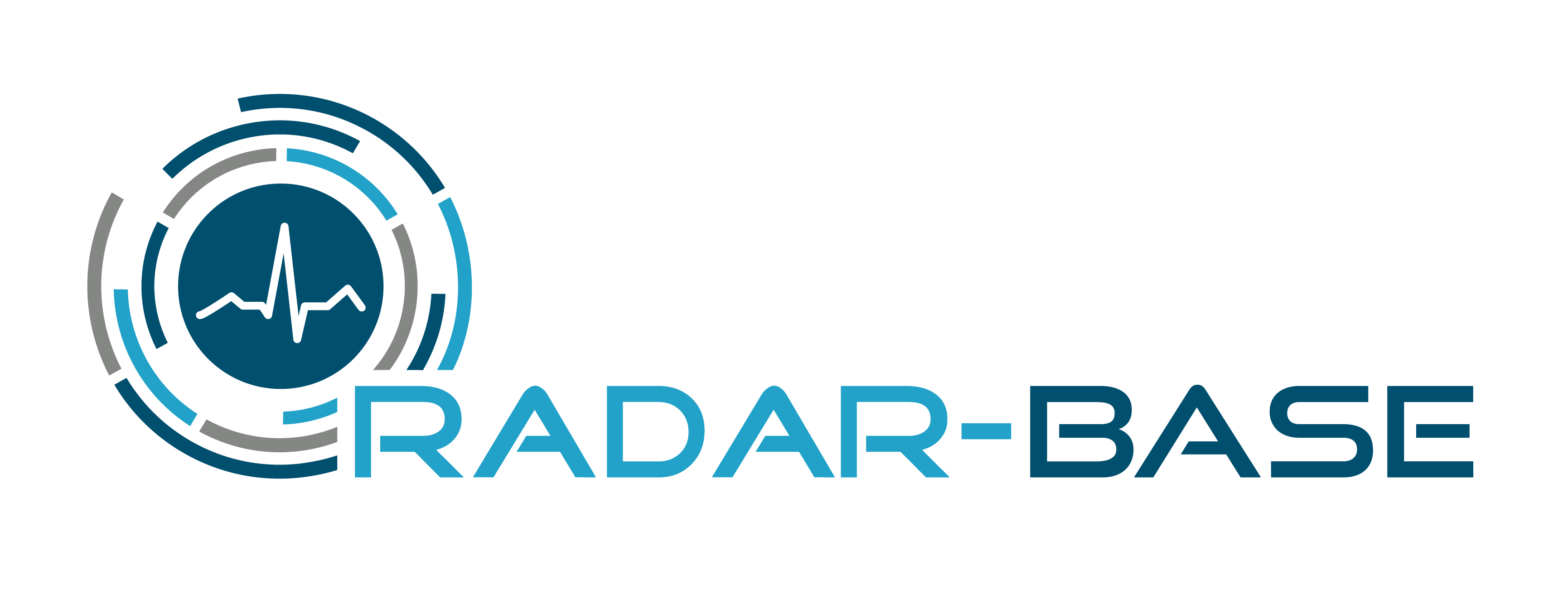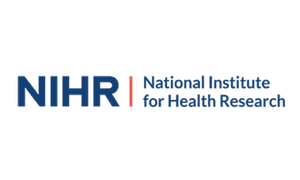RADAR-base Mission
Our mission is to improve people’s quality of life by unlocking clinical insights from wearable sensor data and smartphones.
Researchers studying diseases with modern machine learning and AI need increasingly large and diverse datasets to train accurate models. For the first time, smartphones have enabled remote, continuous, real-time data collection at an unprecedented scale.
We developed RADAR-base to empower researchers with tools for scalable digital data collection, and to give individuals the opportunity to contribute as citizen scientists to the advancement of health research.
RADAR-base Overview
RADAR-base allows study participants to securely share their health data with clinicians and researchers. It is an open-source platform designed for scalable, remote data collection, providing modular tools to integrate data streams from a wide range of sources, including wearables, smartphones, mobile apps, and IoT devices.
The platform enables the real-time collection, processing, storage, management, and sharing of data with researchers.
At the core of RADAR-base is the mobile phone, which acts as the main hub for data routing and collection. The platform supports both passive and active data collection through two dedicated mobile applications:
-
Passive App: collects data in the background from phone sensors and connected wearable devices via Bluetooth. It gathers real-time data such as movement (accelerometer, gyroscope), location, audio, calls and texts, and app usage. The data are transmitted to a deployable backend infrastructure, where they can be processed in near real-time and securely stored.
-
Active App: collects data that require user input, for example, questionnaires about medication intake, context, or symptom severity. The app is fully configurable without coding, allowing new questionnaires to be added through simple configuration files.
In addition, RADAR-base supports integration with third-party REST APIs (e.g. Fitbit, Garmin) and IoT sensors, making it easy to extend and incorporate new data sources as needed.

RADAR-base also allows you to own and control your entire data collection infrastructure when required, for example, in in-hospital studies or when enhanced participant privacy is essential.
To conduct remote monitoring studies, you’ll need access to a RADAR-base platform deployment, either hosted in-house or in the cloud, along with a selection of integrated devices or data sources suited to your research goals. Once these are set up, you can easily enrol participants through the Management Portal user interface.
A key aim of RADAR-base is to advance the mobile health (mHealth) field by providing freely reusable, open tools for digital data collection. The entire RADAR-base technology stack is available under the Apache 2 open-source license.
Supported by an active community of developers, researchers, and clinicians, the RADAR-base project continually evolves, improving existing features, integrating new data sources, and expanding the platform’s capabilities.
Discover what RADAR-base can do in this 12-minute video.
Interested in exploring further? Head over to our Get Started page to learn how to begin.
Please, cite these papers as a reference when using the RADAR-base platform:
- RADAR-base: An Open Source mHealth Platform for Collecting, Monitoring and Analyzing Data Using Sensors, Wearables, and Mobile Devices
Yatharth Ranjan, Zulqarnain Rashid, Callum Stewart, Pauline Conde, Mark Begale, Denny Verbeeck, Sebastian Boettcher, Richard JB Dobson, Amos A Folarin, The Hyve, RADAR-CNS Consortium.
URL: https://mhealth.jmir.org/2019/8/e11734/
DOI: 10.2196/11734
PMID: 31373275 - Digital Phenotyping of Mental and Physical Conditions: Remote Monitoring of Patients Through RADAR-Base Platform
Zulqarnain Rashid, Amos A Folarin, Yuezhou Zhang, Yatharth Ranjan, Pauline Conde, Heet Sankesara, Shaoxiong Sun, Callum Stewart, Petroula Laiou, Richard JB Dobson
URL: https://mental.jmir.org/2024/1/e51259
DOI: 10.2196/51259
PMID: 39441952








